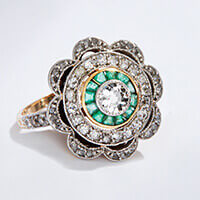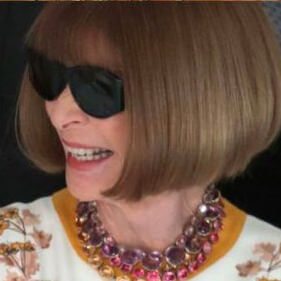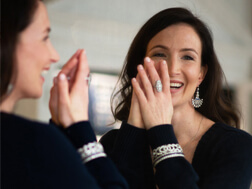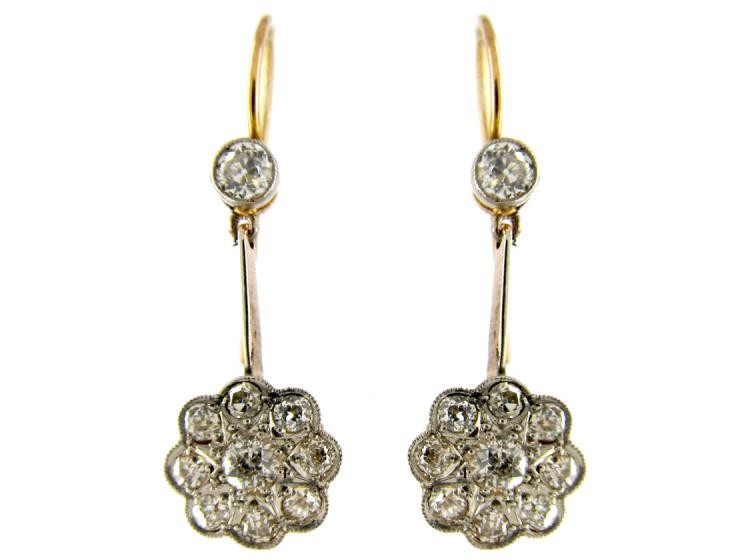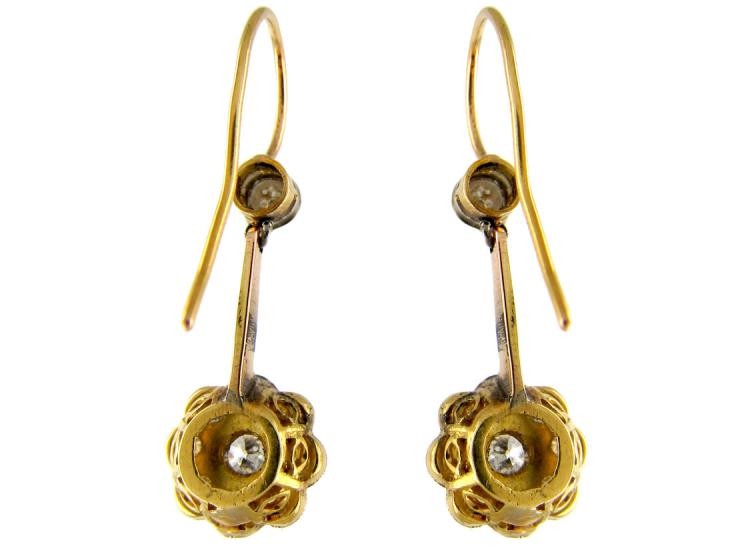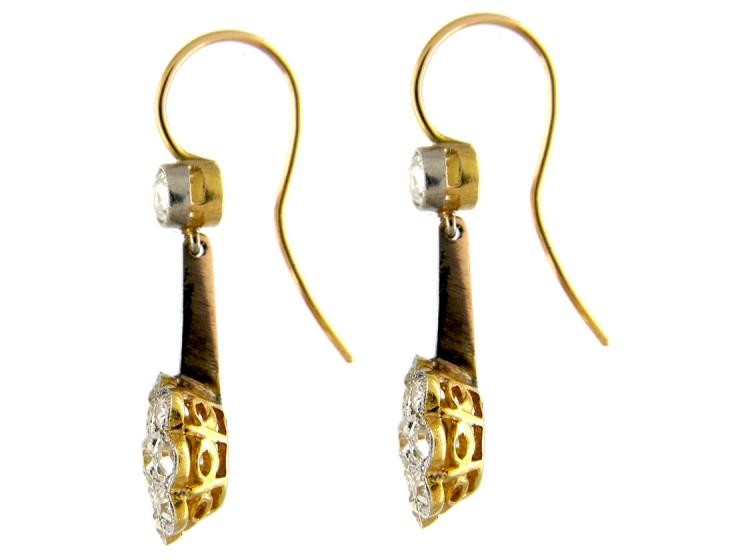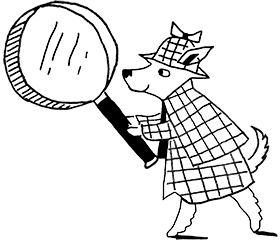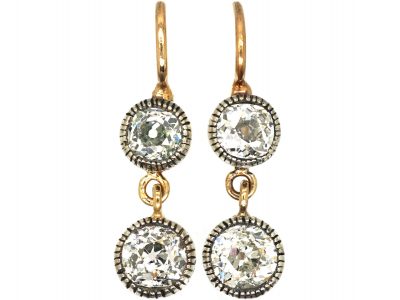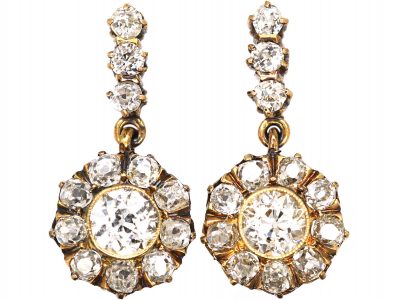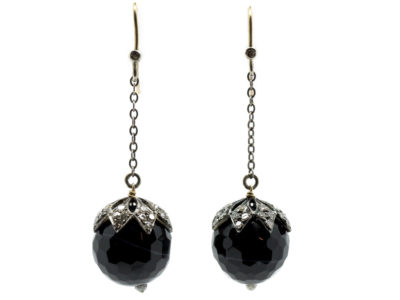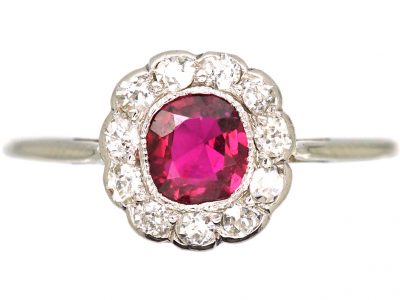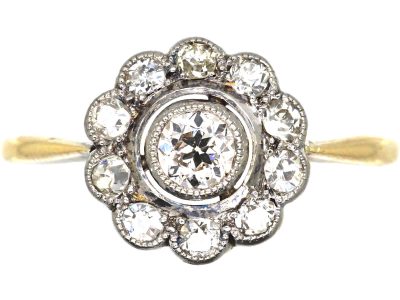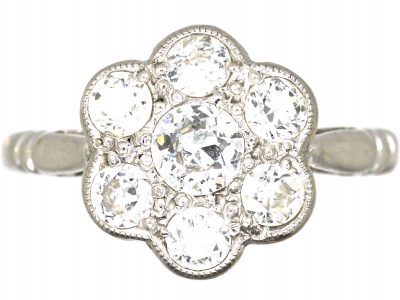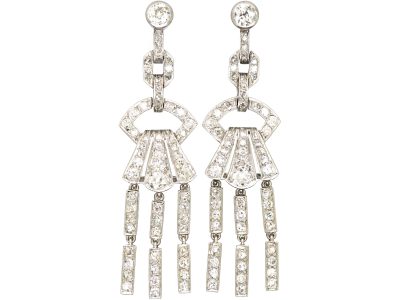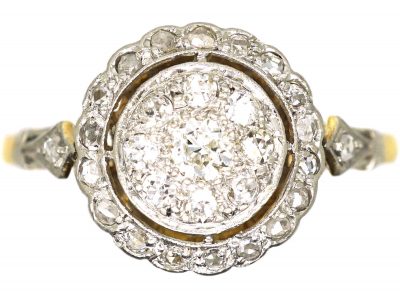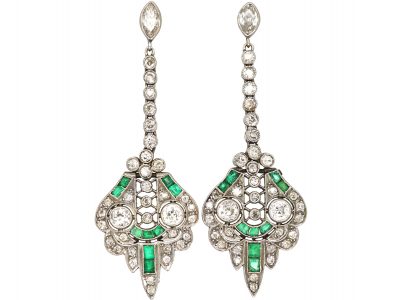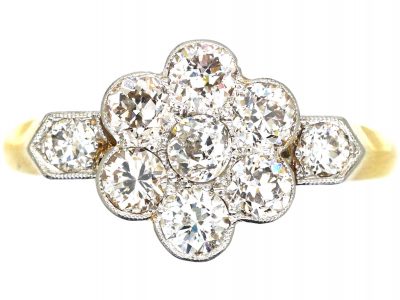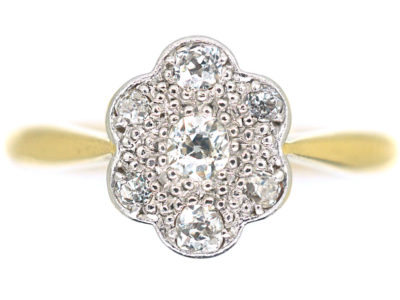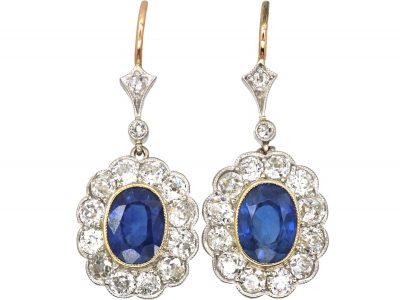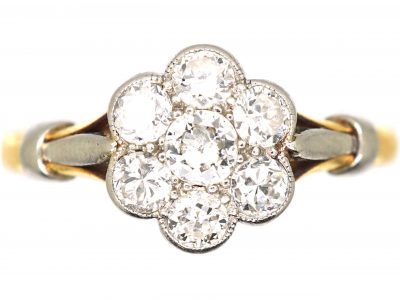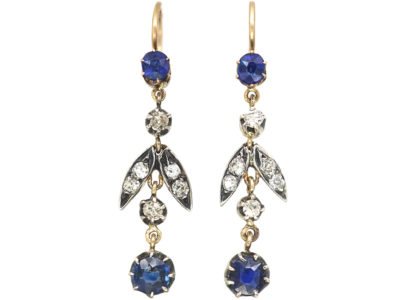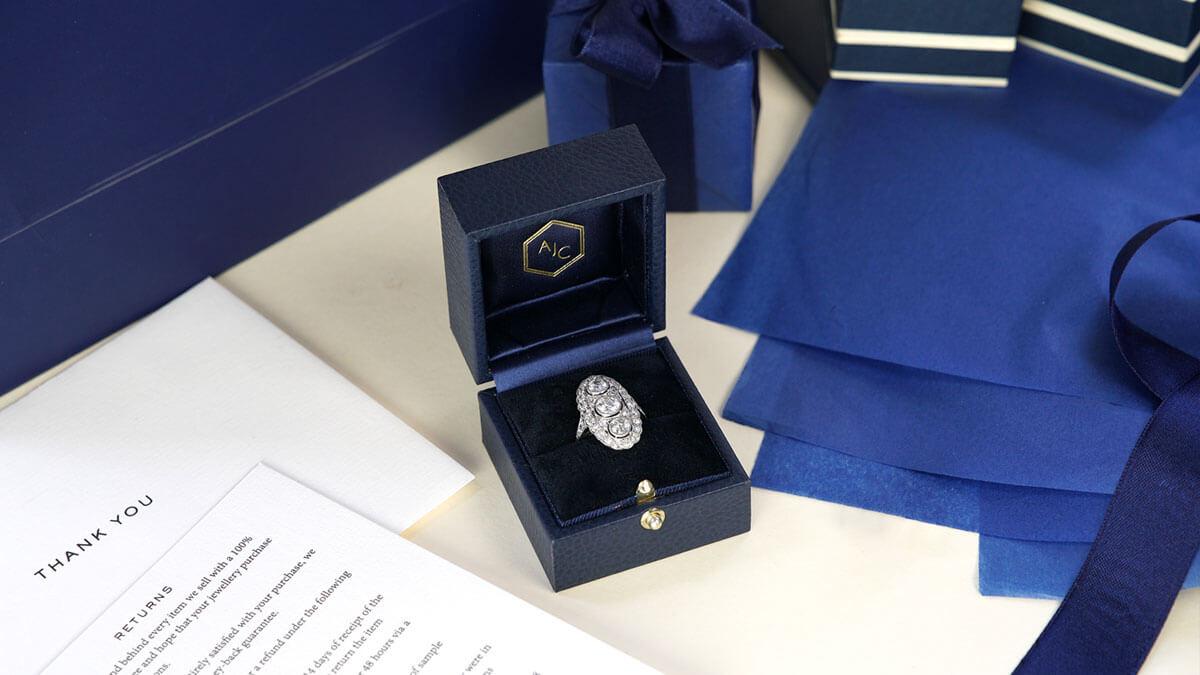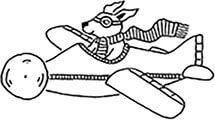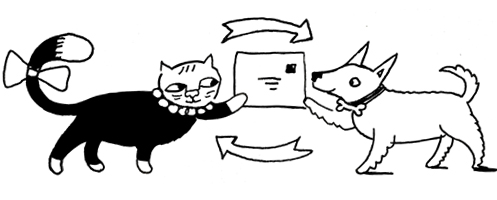Items over 100 years old
In many countries, import tax/duty do not apply when purchasing antiques aged over 100 years old. We declare these items as 'Personal adornment, over 100 years old', providing a signed and dated Antique Declaration form. Georgian and Victorian jewelry (around 40% of our inventory) falls into this category.
Items under 100 years old
In many countries, import tax/duty/handling fees apply when purchasing items under 100 years. Jewelry from periods other than Georgian and Victorian (around 60% of our inventory) falls into this category.
Usually your country will have a website or customs office providing you with the relevant rates.
Further partial restrictions on importation of items such as ours exist in specific countries. Please contact us to make sure your country does not fit into this bracket.
We have no authority over a local country's customs department.



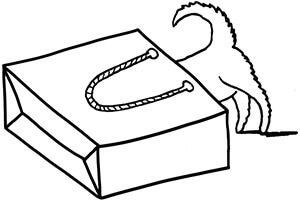

 Free Worldwide Delivery
Free Worldwide Delivery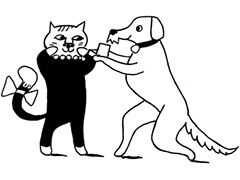 View All
View All
 Diamond
Diamond
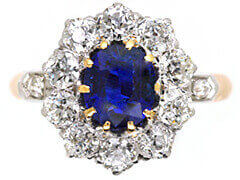 Sapphire
Sapphire
 Emerald
Emerald
 Ruby
Ruby
